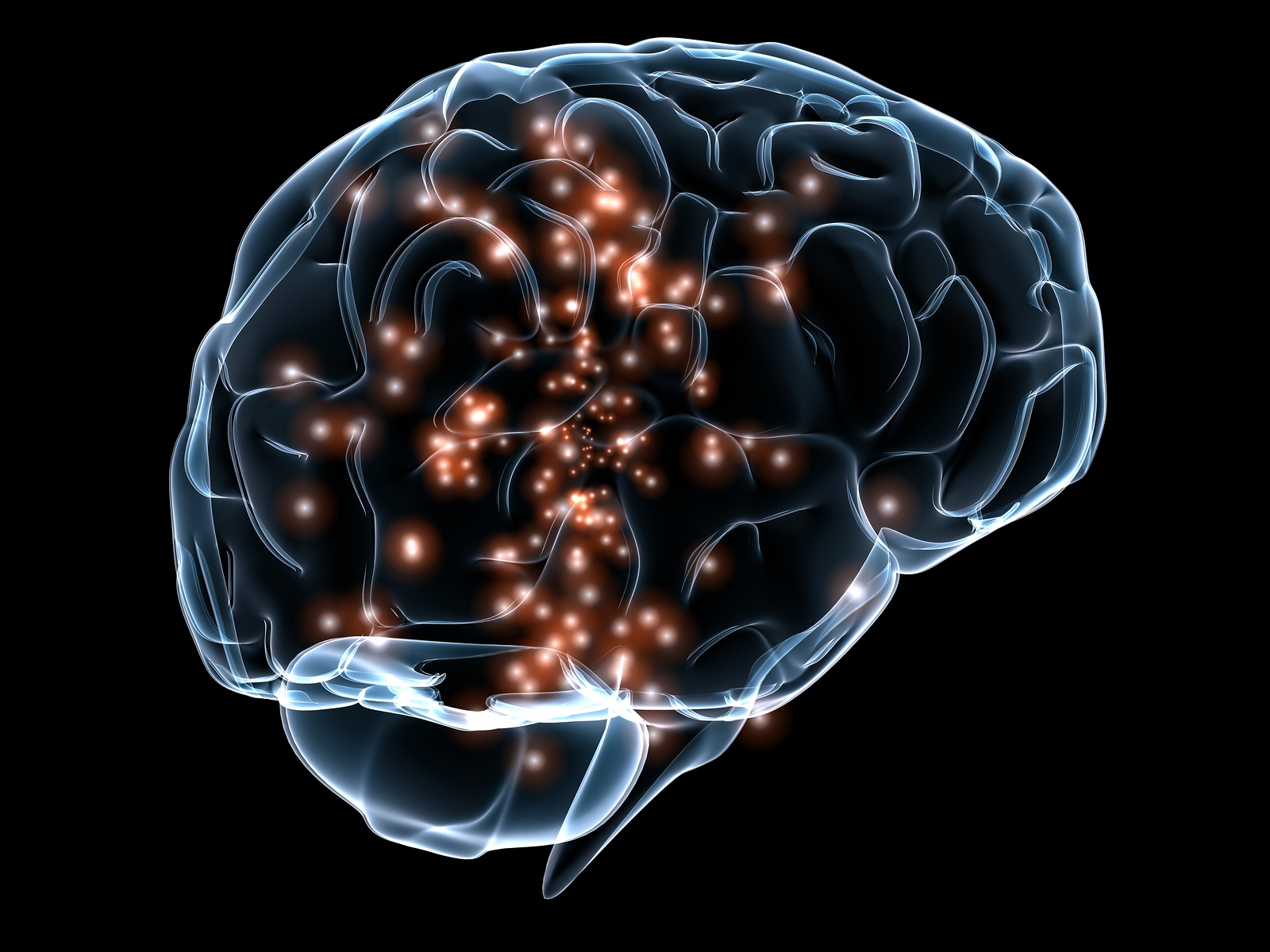Premature Ejaculation refers to coming faster than you expected or hoped. Its ‘clinical’ diagnosis is that it is ejaculation that almost always occurs within a minute of vaginal penetration and before the individual wishes it.
A lot of preconceived ideas surround the topic, and men usually keep it for themselves. It may then make things worse and get their Premature Ejaculation from mild to moderate or severe.
Premature Ejaculation can be classified based on its severity
Premature Ejaculation has a spectrum of severity that can range from mild to severe. It may take some time to realize that you’re affected by Premature Ejaculation if you only have its mild version.
To know if you’re affected and which form you have, you can check how long ejaculation occurs after penetration:
- Mild Premature Ejaculation – occurs 30-60 seconds after penetration.
- Moderate Premature Ejaculation – occurs 15-30 seconds after penetration.
- Severe Premature Ejaculation – occurs within 15 seconds after penetration.
The dysfunction can either be lifelong i.e, present since first sexual encounter, or acquired over a sexual life period. It could be generalized or limited to specific types of stimulation, situations or partners (situational).
Premature Ejaculation may be induced by either psychological or brain chemical factors, or a combination of both.
Psychological factors
There are various psychological factors that can affect your sexual health and cause Premature Ejaculation.
You may recognize some of them along the way, and especially if you’ve been worried that you may be affected:
- Anxiety about achieving and maintaining erections
- Sexual inexperience
- Guilt which may make you rush through sex
- Frequent masturbation- this conditions your mind to reach a climax quickly
- Relationship stress- you cannot enjoy sex with a partner if you’re having interpersonal issues with them
Brain chemical factors
Serotonin is the hormone responsible for putting a cap on the nerves involved in ejaculation. When low, the ejaculation period is shortened, leading to a man coming too quick. This kind of situation can happen when you’re affected by depression or related stress disorders.
Effects of Premature Ejaculation
Premature Ejaculation may affect your sexual health, and in particular if you’re affected by its moderate or severe form.
Embarrassment, anxiety, depression and mental distress are all after-effects that can lead to decreased confidence your the relationship and rise some interpersonal difficulties.
Luckily, there are ways to combat this unwelcome irregularity:
- Through exercise – Aerobic work-out in particular, such as jogging, running and cycling, have the effect of increasing the serotonin levels in the system, which naturally boosts the length of time that you can hold an erection. Not to mention that a toned body is all the more attractive.
- Through communication – This should be coupled with total body foreplay, so that both you and your partner are left satisfied and happy. After all, it’s not only penetration that guarantees an orgasm.
- By using condoms – Skin-on-skin contact is definitely more sensitive. Condoms reduce this and can therefore lengthen the period before you ejaculate.
- Through squeeze techniques – You could withdraw your penis when you’re close to ejaculating and squeeze the corona/ tip. This dulls the orgasm sensation, allowing you time to get the party going. Alternatively, try thinking about your dirty laundry and how you need to do some grimy dishes and see if that doesn’t keep you going longer.
- Through medication – This could include selective serotonin receptor inhibitors (SSRIs) and topical anaesthetics which work to alleviate Premature Ejaculation. However, if you achieve success with such treatment, you may need to be on these drugs for the rest of your life. Weigh your pros and cons on this.
Premature Ejaculation is not a fatality and you can definitely get out of it. The most important factors are stress-related, and you may be affected by depression or related disorder. That should be your top priority before anything else!





